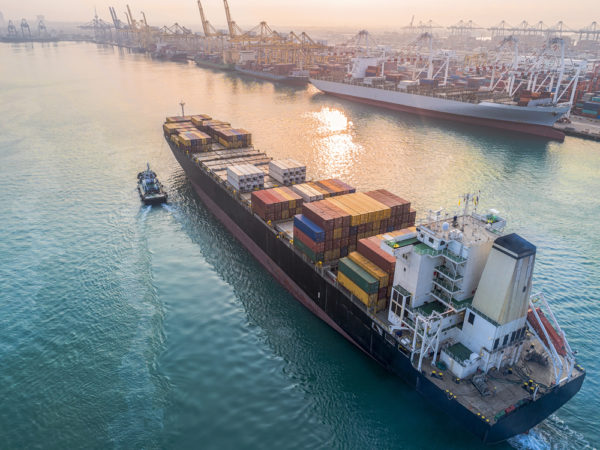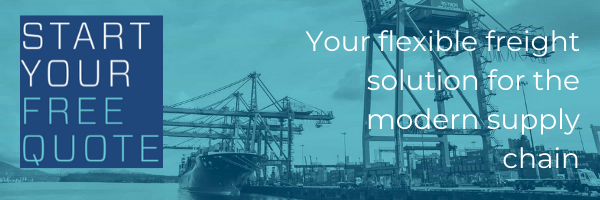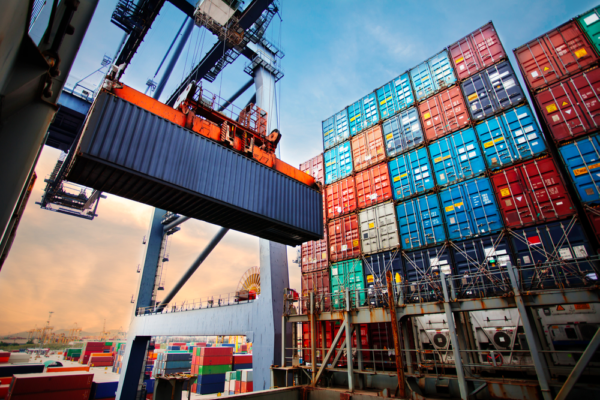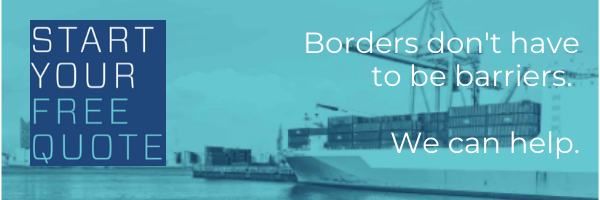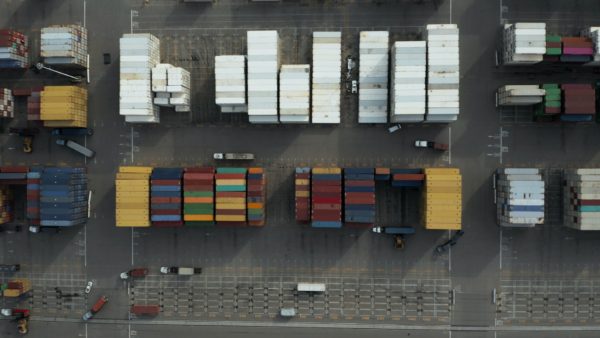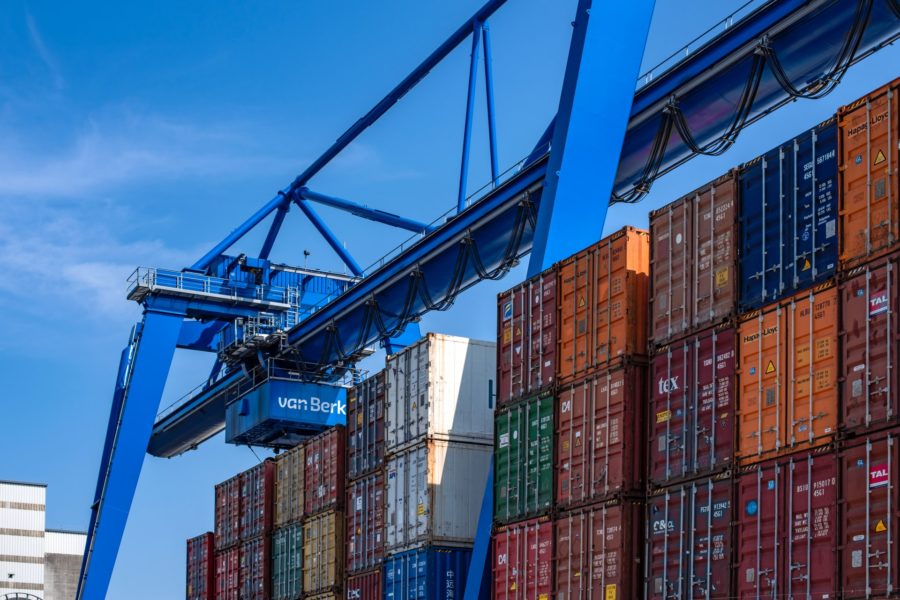Sign up for recent trade news that can affect your business:
May 20, 2020
CBP Updates Guidance on Section 232 and 301 Claims, Extensions, and Corrections
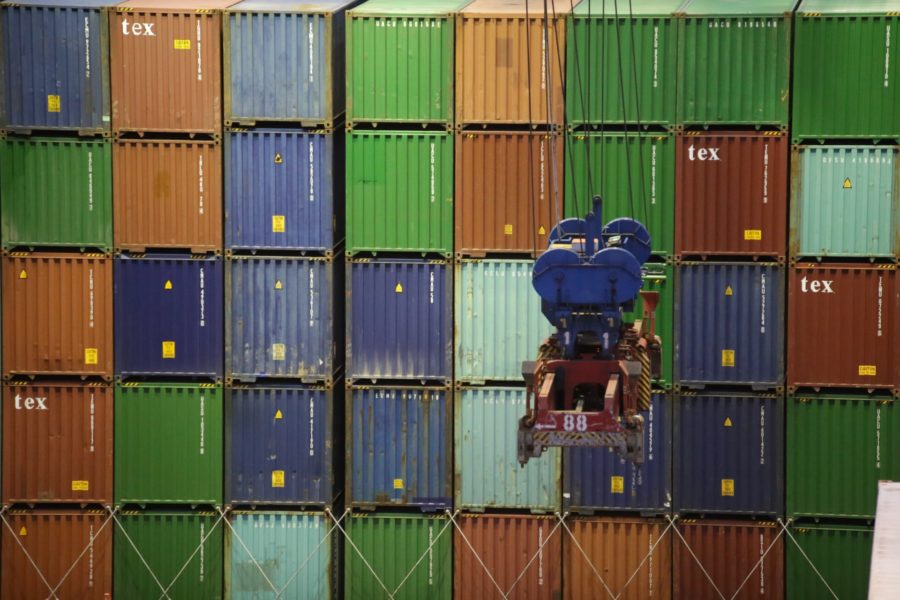
Earlier this month, U.S. Customs and Border Protection issued Cargo Message 19-000260, which provides updated guidance on seeking retroactive product exclusions from the administration’s Section 232 and Section 301 trade enforcement measures. Click here to view.
Section 232 and Section 301 product exclusions may be retroactive for unliquidated entries and for entries that are liquidated but where the liquidation is not final and the protest period has not expired.
If a product exclusion has been granted, an importer of record may request a refund by filing a post summary correction for unliquidated entries or file a protest for entries that have liquidated but where the liquidation is not final and the protest period has not expired.
When a product exclusion is granted, an importer may submit a correction to request a refund on unliquidated entries up to 15 days prior to the scheduled liquidation date (generally within 300 days from the date of entry summary filing). If an entry summary is set to liquidate in less than 15 days or has already liquidated, the entry summary is beyond the filing period for correction. However, the importer may file a protest so long as it is filed within the 180-day period following liquidation of the impacted entry summaries.
Approved requests extend the liquidation of an entry summary for one year. When a product exclusion is granted, an importer may submit a PSC to request a refund on the entry summary(ies). If a product exclusion is not approved, no further action is taken, and the entry summary will liquidate as entered one year later than the originally scheduled liquidation date.
The status of Section 232 exclusion requests can be checked at the U.S. Department of Commerce here.
